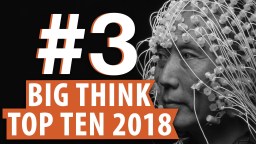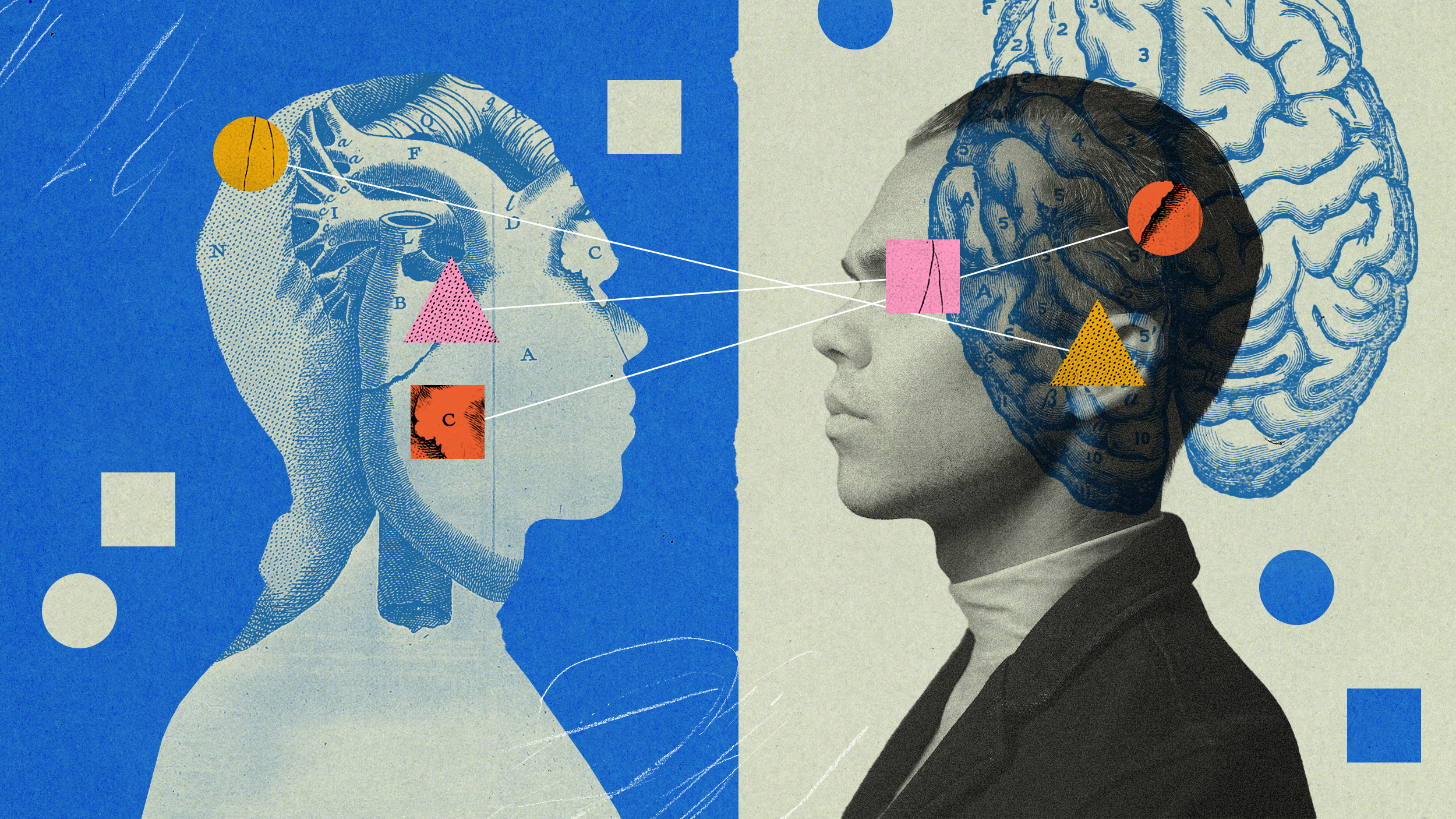Why EI is the quintessential leadership skill

- The hard evidence confirms that emotionally intelligent leaders are more effective.
- The edge gained by a high-EI leader seems to apply at every level, from senior executives to blue-collar workers.
- One meta-analysis found that EI’s impact was more than twice as high as IQ.
When the Walt Disney Company fired its CEO Bob Chapek in 2022 and replaced him with the previous CEO, Bob Iger, one reason given was a lapse in Chapek’s people skills. According to a New York Times report, Chapek seems to have had a lack of empathy and emotional intelligence, “which resulted in an inability to communicate with or relate to Hollywood’s creative community.”
The need for EI in leaders became glaringly clear several years ago when our Consortium colleague Claudio Fernández-Aráoz, then-head of research for a global executive research firm, asked a radical question: Why would executives who seemed so apt for a job fail once they got it? Though most of the candidates his firm found to fill C-suite jobs succeeded, a few were fired. When he analyzed these firings, it turned out that around the world—Japan, Germany, the Americas— the pattern was the same: the executive had been hired for hard skill credentials like business expertise—but fired for a soft skills lapse in emotional intelligence, like blowing up in anger at a direct report.
Claudio’s hunch has morphed into standard operating procedure in organizations worldwide. Postings for C-suite positions increasingly list “soft skills” rather than hard ones as what they are looking for in new hires.
When we first created the website for the Consortium for Research on Emotional Intelligence in Organizations (CREIO), the topic that consistently attracted the most visits was “The Business Case for Emotional Intelligence.” It’s no wonder. Whether it’s a small business, a large corporation, or a nonprofit that doesn’t usually think in terms of a “bottom line,” performance is the key. By now the hard evidence confirms that emotionally intelligent leaders are more effective: their employees perform better and feel better at work, and their organizations excel.
Take a study of executives in a large public service organization. The executives completed an EI test, and their managers rated them on how well they “achieved business outputs during the financial year.” The executives’ bosses and subordinates also rated the executives on their leadership abilities. Result: the most emotionally intelligent leaders were also the most effective.

What’s more, the EI advantage held over and above the executive’s personality (for example, having an outgoing personal style did not matter as much). Even being smart—having a high IQ—did not make a leader as effective as having a higher EI.
Our colleague Richard Boyatzis and his team from Case Western Reserve University looked at senior executives in a financial management firm who oversaw financial advisors and their managers. They asked each divisional executive’s peers and subordinates to rate the executive on multiple dimensions of emotional intelligence. Then they looked at how many new financial advisors were recruited by each executive during the last three years—a key performance indicator of executive effectiveness used by the company.
Higher EI in a leader meant more financial advisors he or she recruited. Again a leader’s general mental ability and profile on a personality test failed to predict their performance. Only emotional intelligence made a difference.
EI seems to matter for leaders everywhere—even parish priests. The Boyatzis group note that “[p]astoral leaders of parishes have an effect on people’s lives and communities. . . . From sermons and fund-raising to the confessional, they must use emotional intelligence to achieve both worldly and sacred goals. . . .”
The findings: the more highly parish priests were rated on their emotional and social competencies, the more satisfied their parishioners.
If you hate your boss, your ability to do your job suffers; if you love your boss, it can soar.
The edge gained by a high-EI leader seems to apply at every level, from senior executives to blue-collar workers. For instance, in a study of workers in a copper refinery, their supervisor’s emotional intelligence accounted for the greater part of differences in how they performed. Consider all of the many factors that might influence a worker’s performance; they range from their years of experience on that job, to their age, education level, IQ , and personality traits like conscientiousness and agreeableness. Oh, and add sheer luck to the mix. But all these factors accounted for only about 30 percent of the difference in performance among these workers. Their boss’s degree of emotional intelligence was linked to 70 percent of the workers’ performance. It comes down to the importance for a worker of their relationship with his or her boss. If you hate your boss, your ability to do your job suffers; if you love your boss, it can soar.
Studies like these were included in a meta-analysis by a multi-university group, including our Consortium colleague Ronald Humphrey, that pooled results from a broad range of leaders in many different kinds of organizations. Their analysis included twelve different studies with a total of 2,764 participants. Their results showed that the higher a leader’s EI, the better their workers performed—it accounted for 25 percent of the advantage.
Think of all the factors that might affect someone’s workplace performance: they range from on-the-job experience, to age, education, IQ , traits like persistence, and beyond. So statisticians would say that having EI account for 25 percent represents a surprisingly large impact. Data from regions as varied as Asia, South America, and Europe reveals this holds in cultures around the world.
Another meta-analysis focused on more than 65,000 entrepreneurs in all kinds of businesses. It looked at hard-nosed outcomes like financial success, firm growth, and firm size, as well as subjective success. But being a successful entrepreneur depends to a great extent on how that person manages their own emotions and leverages their relationships. Again entrepreneurs with higher EI had better outcomes. Even more striking: comparing the relative importance of emotional intelligence and cognitive intelligence, they found that EI’s impact was more than twice as high as IQ.





